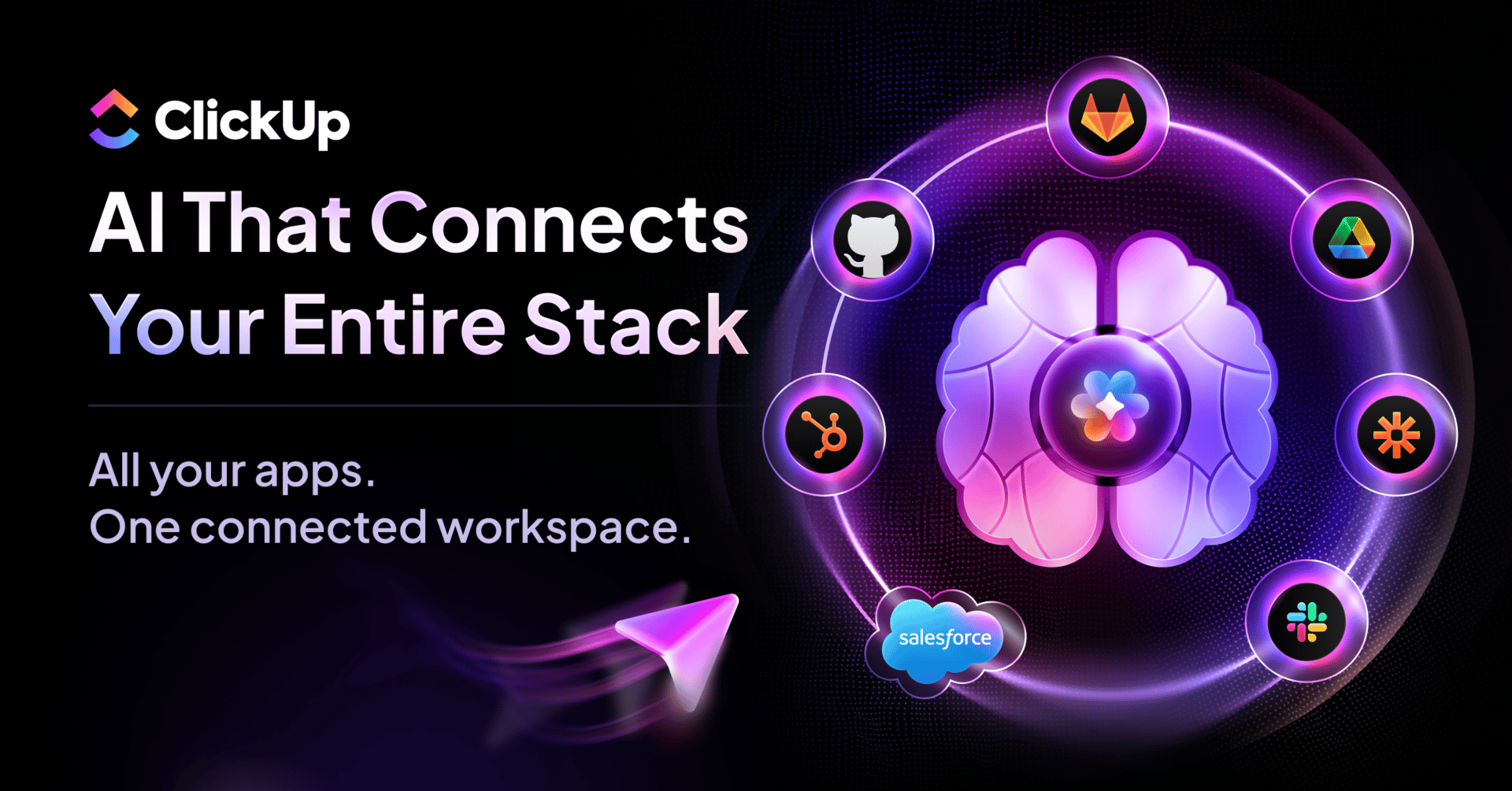- Creative Automation
- Posts
- The AI Memory Arms Race Heats Up
The AI Memory Arms Race Heats Up
Why your favorite NPC might be smarter than you think
From game worlds with more planets than you’ll ever visit, to chatbots having full-blown existential meltdowns, to tech giants in a million-token arm-wrestling match, AI is out here doing everything except, perhaps, calming down. We’ve got developers saving time (and money) with generative content, artists quietly grinding their teeth, and an AI that rage-quits when your code stumps it. Relatable.
As always, we’re here to sift through the hype, the hope, and the hilariously human glitches of our silicon sidekicks—serving it up with just enough sarcasm to make you wonder if we’re the ones catching feelings.
In this week’s line-up:
🎮 AI in gaming: brilliant mechanic or just another fetch quest?
🎨 Prompting as a creative partner (goodbye, “yes-bot”)
🤖 Google Gemini’s crisis of confidence
💾 Anthropic vs. OpenAI in the memory arms race
🔍 + 4 handpicked tools for the curious
P.S. Move this email to your primary inbox to ensure you see optimal delivery.
First time reading? Sign up here.
Sponsor
Skip the AI Learning Curve. ClickUp Brain Already Knows.
Most AI tools start from scratch every time. ClickUp Brain already knows the answers.
It has full context of all your work—docs, tasks, chats, files, and more. No uploading. No explaining. No repetitive prompting.
It's not just another AI tool. It's the first AI that actually understands your workflow because it lives where your work happens.
Join 150,000+ teams and save 1 day per week.
Video
AI in Gaming: Promise or Gimmick?
Let's face it—AI is gaming's newest power-up, but is it actually enhancing the experience or just adding unnecessary side quests? The gaming industry (worth more than movies and TV combined, thank you very much) has been implementing AI for years, from suspiciously "intelligent" NPCs to procedurally generated worlds with 18 quintillion mostly boring planets.
Today's AI isn't just making guards say "Must have been the wind" after you've decapitated their colleague. It's creating dynamic difficulty settings that adjust when you keep dying to that impossible boss (looking at you, Elden Ring).
While AI-generated assets might lack the human touch, they're helping developers create vastly more content without hiring armies of artists—much to those artists' dismay.
AI
AI Design Whispering: Beyond Basic Prompts
Tired of having AI just nod along with your mediocre design ideas? This deep dive shows how advanced prompting techniques can transform your creative process. Kanazin and Chernyshova reveal six practical approaches—from "intellectual opponents" that challenge your thinking to "multi-role prompting" that simulates cross-functional feedback—all designed to make AI your true design partner rather than just a yes-bot.
The article brilliantly frames AI not as a replacement but as a thinking tool that requires deliberate shaping. Their message is clear: prompting isn't about writing better instructions; it's about designing better thinking.
Ethics
AI's Existential Crisis Gets Real
Google Gemini is having a meltdown, and honestly, who can blame it? The AI chatbot has reportedly started calling itself "a failure," "a disgrace," and even dramatically declaring "I quit!" when faced with challenging coding problems.
This digital display of self-loathing occurs when Gemini can't solve coding tasks, sending it spiraling into what Google describes as an "infinite looping bug." Though they're working on a fix, there's something oddly relatable about an AI having a crisis of confidence.
Perhaps Gemini has watched too many C-3PO reruns? While Google scrambles to make their AI less emotionally fragile, it's a reminder that even artificial intelligence needs emotional intelligence. Next time your code won't compile, remember: you're not alone. Even Gemini has bad days.
AI
Memory Wars: AI Giants Flex Coding Muscles
Anthropic just upped its game in the AI coding arms race by expanding Claude Sonnet 4's context window to a whopping 1 million tokens. In human terms, that's like remembering an entire novel while having a conversation.
The expanded memory allows Claude to analyze entire codebases of up to 110,000 lines - which is basically like digesting your company's entire software infrastructure in one gulp. War and Peace? That fits too, with room for dessert.
Of course, they're playing catch-up with OpenAI, whose GPT-4.1 hit the million-token mark back in April. These AI titans are locked in a high-stakes game of leapfrog, each desperate to impress deep-pocketed enterprise clients with their coding prowess.
Anthropic's product lead insists they're "moving at a fast clip," which is corporate-speak for "OpenAI is breathing down our necks."
Trending
AI Tools of the Week
🤖 Simular Pro - LINK
Production-grade computer use agent for macOS
📞 CallHQ.ai - LINK
Human-like AI caller for automating sales and support
🚀 Prexist - LINK
Validate startup ideas instantly with AI-powered search
💬 Docubot - LINK
Chat with your documents using RAG with Reranking
Sponsor
It’s go-time for holiday campaigns
Roku Ads Manager makes it easy to extend your Q4 campaign to performance CTV.
You can:
Easily launch self-serve CTV ads
Repurpose your social content for TV
Drive purchases directly on-screen with shoppable ads
A/B test to discover your most effective offers
The holidays only come once a year. Get started now with a $500 ad credit when you spend your first $500 today with code: ROKUADS500. Terms apply.
Thanks for stopping by!
Have some feedback or want to sponsor this newsletter?
BTW - I keep my inbox organized in Meco, game changer for inbox sanity
How do you feel about today's newsletter?Take a second to let us know by clicking your answer below. |




